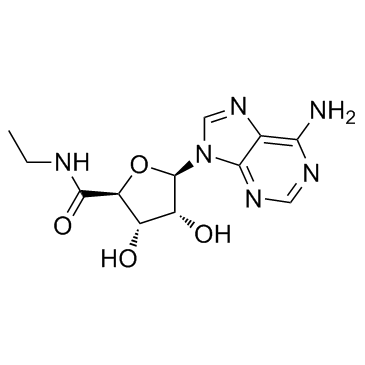| Structure | Name/CAS No. | Articles |
|---|---|---|
 |
NECA
CAS:35920-39-9 |
|
 |
CGS 15943
CAS:104615-18-1 |